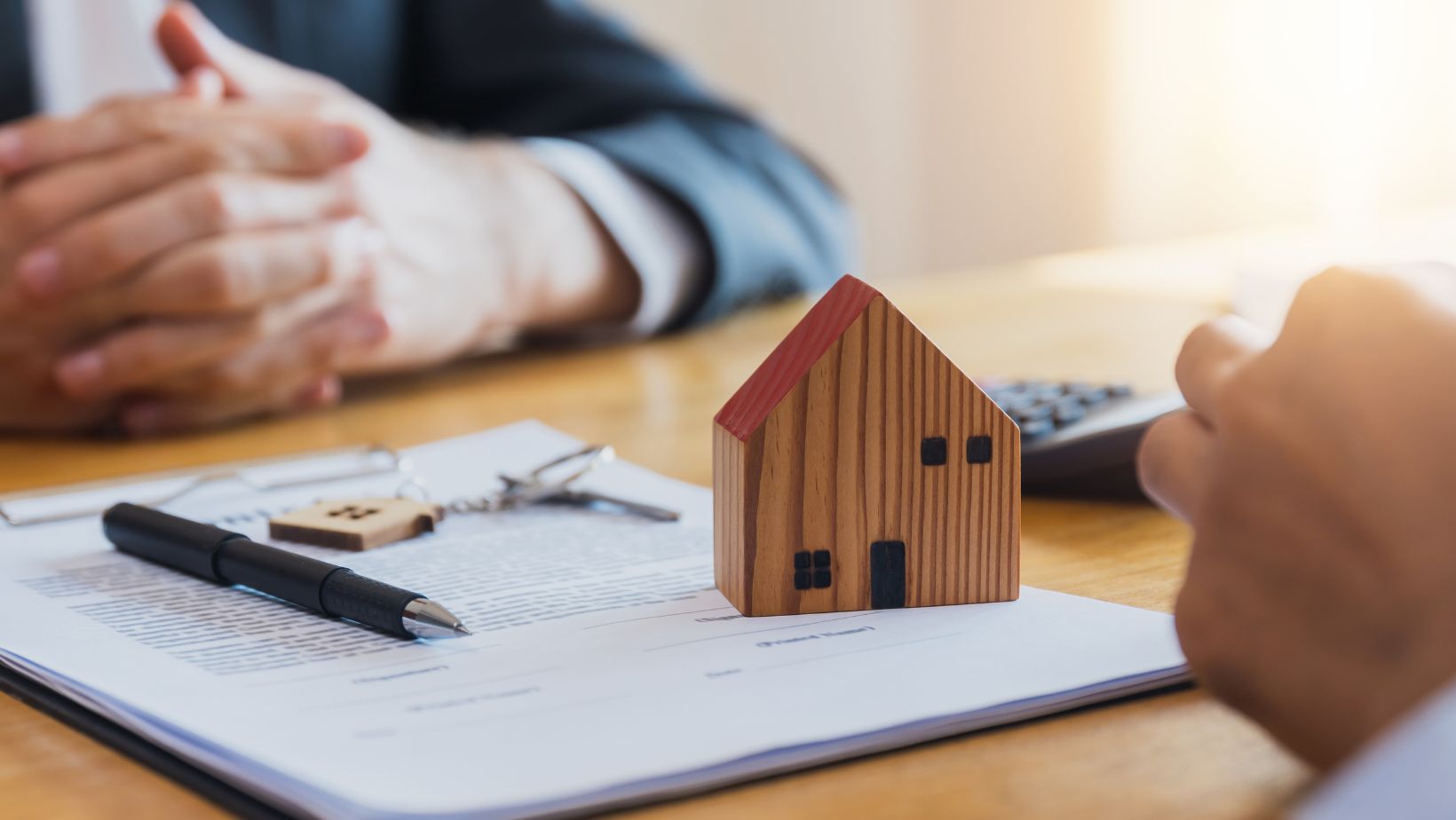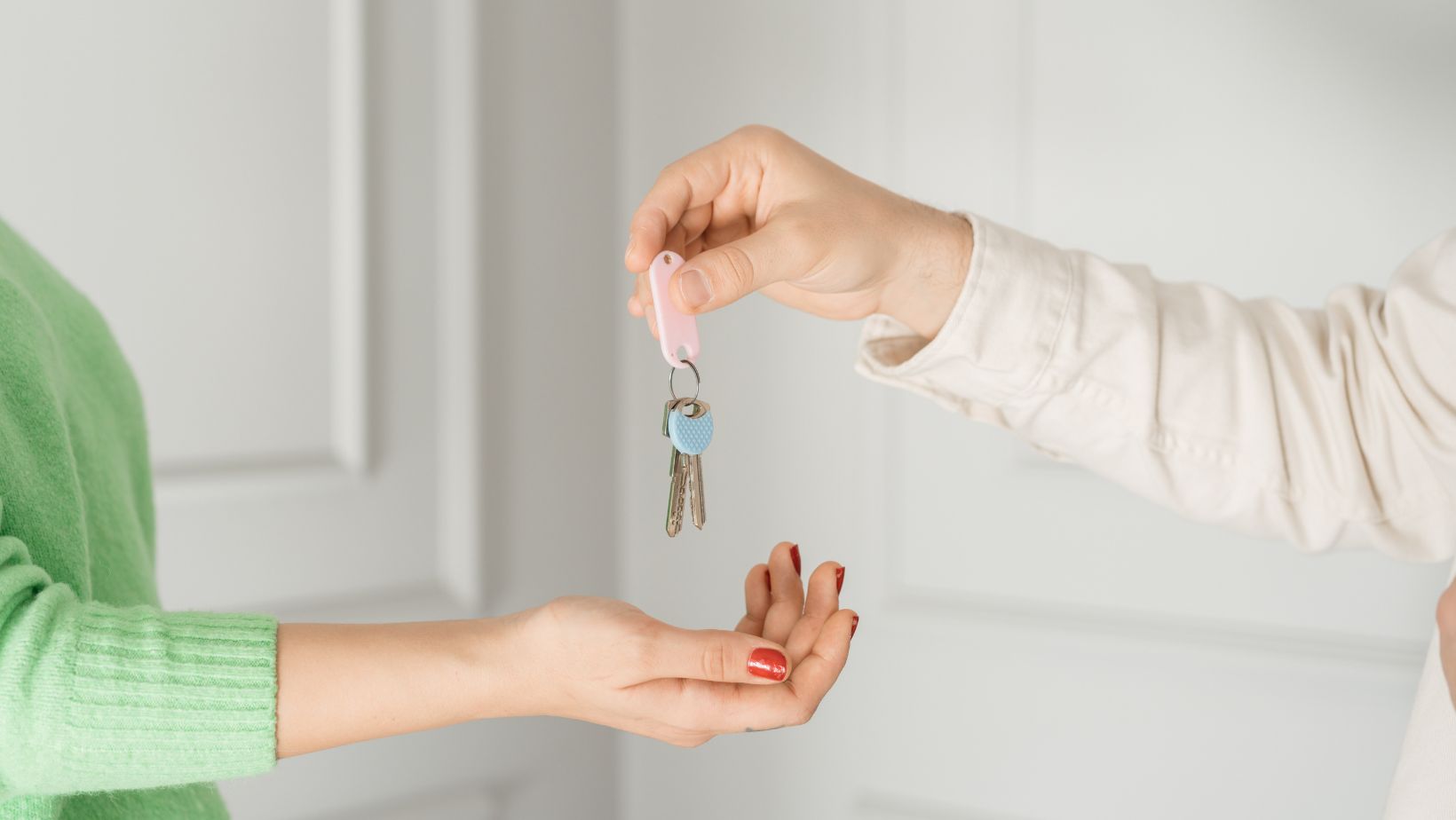
Embarking on buying your first home is exciting but can be fraught with potential issues. Navigating this complex process requires more than just saving for a down payment. You must also have a complete understanding of the nuances of the real estate market.
As much as possible, you want to decide armed with the right knowledge to avoid common mistakes that can turn your dream into a financial nightmare.
5 Biggest Mistakes to Avoid as a First-Time Home Buyer
As a first-time home buyer, you must know the common errors that can jeopardize your investment. Here’s a guide to help you sidestep these missteps and make a more informed purchase:
Not Getting Pre-Approved for a Mortgage
One of the fundamental steps in home buying is getting pre-approved for a mortgage. This gives you a clear idea of what you can afford. Similarly, it shows sellers that you are a serious and capable buyer. Skipping this step can lead to heartbreak if you fall in love with a house beyond your financial reach.
Mortgage pre-approval is when a lender evaluates your financial status to determine how much they will lend you. This includes assessing your credit score, income, debts, and assets.
With pre-approval, you may avoid searching for homes that are either too expensive or below your means.
Moreover, in a competitive market, sellers often prefer buyers who have pre-approval as it indicates serious intent and financial readiness. To make this journey even more secure, comparing homeowners insurance is a vital step to protect your investment from unforeseen circumstances.
Overlooking Additional Costs
Many first-time buyers focus solely on the purchase price, overlooking additional expenses. These include closing costs, property taxes, insurance, maintenance, and homeowners association fees. These can add up quickly, significantly impacting your budget and financial stability.
The total cost of homeownership extends beyond the listed price. Additional costs include closing costs (2-5% of the home price), ongoing maintenance, property taxes, homeowner’s insurance, and possibly HOA fees.
Failing to account for these costs can lead to financial strain post-purchase. It is best to budget for these additional expenses to avoid surprises.
Neglecting the Importance of a Good Location
Location affects your daily life and the property’s future value. A good location should align with your lifestyle needs. Think about commuting distance, access to public transport, quality of local schools, and neighborhood safety.
Even if you don’t have children, the quality of schools can affect resale value. Additionally, consider potential developments in the area that might impact your investment.
Falling in Love with a House Blindly
Emotional attachment can cloud judgment. Falling head over heels for a house without thorough inspection can lead to significant issues. You may look beyond glaring concerns like structural problems, outdated electrical systems, or plumbing issues. Maintain a balance between emotional and practical considerations.

It’s easy to get emotionally attached to a house. However, this attachment can lead to overlooking critical flaws or making better decisions.
Additionally, for first-time home buyers, it’s crucial to ensure the property you’re investing in is free from defects. A useful guide in this scenario is a comprehensive snagging list, which helps to identify any issues in a new property, from minor cosmetic flaws to major structural problems. Having a detailed snagging list can be a game-changer in making an informed purchase, ensuring you know exactly what you’re buying.
Choosing the Wrong Mortgage
Mortgages are not one-size-fits-all. Choosing the wrong type of mortgage can cost you more in the long run. Understand the options, including fixed-rate, adjustable-rate, and interest-only mortgages, and choose one that aligns with your financial situation and future plans.
The common types of mortgages include the following:
- fixed-rate (interest rate remains constant)
- adjustable rate (interest rate can change)
- interest-only mortgages (pay only interest for a period)
Choosing the wrong type can increase costs.
Bonus Tip: Not Thinking Long-Term
While finding a home that meets your current needs is essential, consider your long-term plans. Whether it’s potential family expansion, job changes, or resale value, thinking ahead can ensure your home remains a blessing rather than a burden. It’s also important to consider the area you’re moving into and how it will evolve. For example, looking at the leading schools in Atlanta would be a smart decision before buying your first home if you’re considering starting a family.
Key Takeaways
Buying your first home is an important milestone that should be approached carefully. By avoiding these common mistakes, you can make your first home-buying experience a rewarding and sound investment.

Remember to:
- Get mortgage pre-approval to define your budget.
- Account for all additional homeownership costs.
- Prioritize location for long-term satisfaction and investment.
- Inspect thoroughly and avoid making decisions purely on emotions.
- Choose a mortgage plan that suits your long-term financial goals.
- Think about your future needs and plans when selecting a home.





